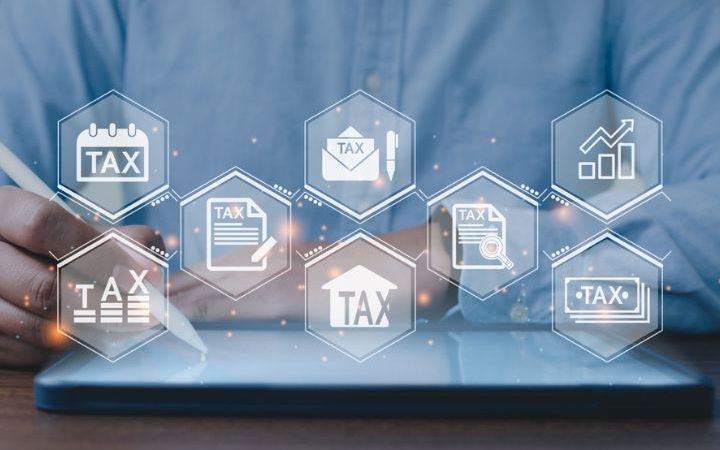Difference Between Private And Public Blockchain

Public Blockchain : Experts at SoFi continue to see an interest in blockchain and crypto grow. As an investor, however, you need sufficient knowledge to avoid investing in a blockchain that gives you no value. Though hundreds of startups are promoting their intriguing blockchains, it’s easy to mistake a cryptocurrency software for a private blockchain with no e-coin. This here guide explains the basic differences so you know which is the investment you need.
What Exactly is a Blockchain?
For starters, blockchain is a computer algorithm that can be automated to achieve just about anything. It’s the encryption built into this algorithm that makes it relevant to society today. The areas of computer sciences under overhaul today are only improving because digital can expand on the safety prewritten into the blockchain. Without secure automation like this, in regards to coding, our data society is left more exposed than we’d ever be able to handle.
What Is a Public Blockchain?
Public blockchains are publicly used. Few limits are placed on what qualifies someone to get access to these blockchains. These ones produce and circulate e-coins. In fact, such blockchains are so public that they’re being used in maintaining healthcare and voting records. In regards to the services and products of public blockchains, most establish a B2C environment. Being fully public, these blockchains are often designed for the reason of decentralization.
What’s unique about them is their irrefutability. What gets recorded within a public blockchain cannot be changed or undone by anyone. These networks have no central authority governing them, making them true to what blockchain technology is capable of.
What Is a Private Blockchain?
Only an administrator can provide you access to a private blockchain. The central authority is referred to as a governing body. This group must give you permission before you can access their algorithm. Identity verifications, access settings, and personnel monitoring are facets of a private blockchain. They’re used internally within business-to-business relationships. The data of private systems is under the control of the governing body, which can alter and delete any facet. Private blockchains aren’t, in most cases, related to an e-coin.
Where Are Public and Private Blockchains Used?
Business-to-business and business-to-consumer markets use their own types of blockchains respectively. For the consumer market, public blockchains are ideal because they create data blocks everyone can see but that no one can change. In business networking, private blockchains give us the prospect of managing business processes where no consumers are. With automation playing a large role in modern business, privacy can make a brand competitive.
The overview here shows how crypto trading bots on SoFi make using blockchain even easier.
The core differences between private and public blockchains are how they’re used and how much permission is granted to a common user. If you’re looking to expand your investment portfolio, then be ready to confirm the most important features you find in public or private variations.
Also Read : Blockchain: 5 Key Factors Policymakers To Consider


